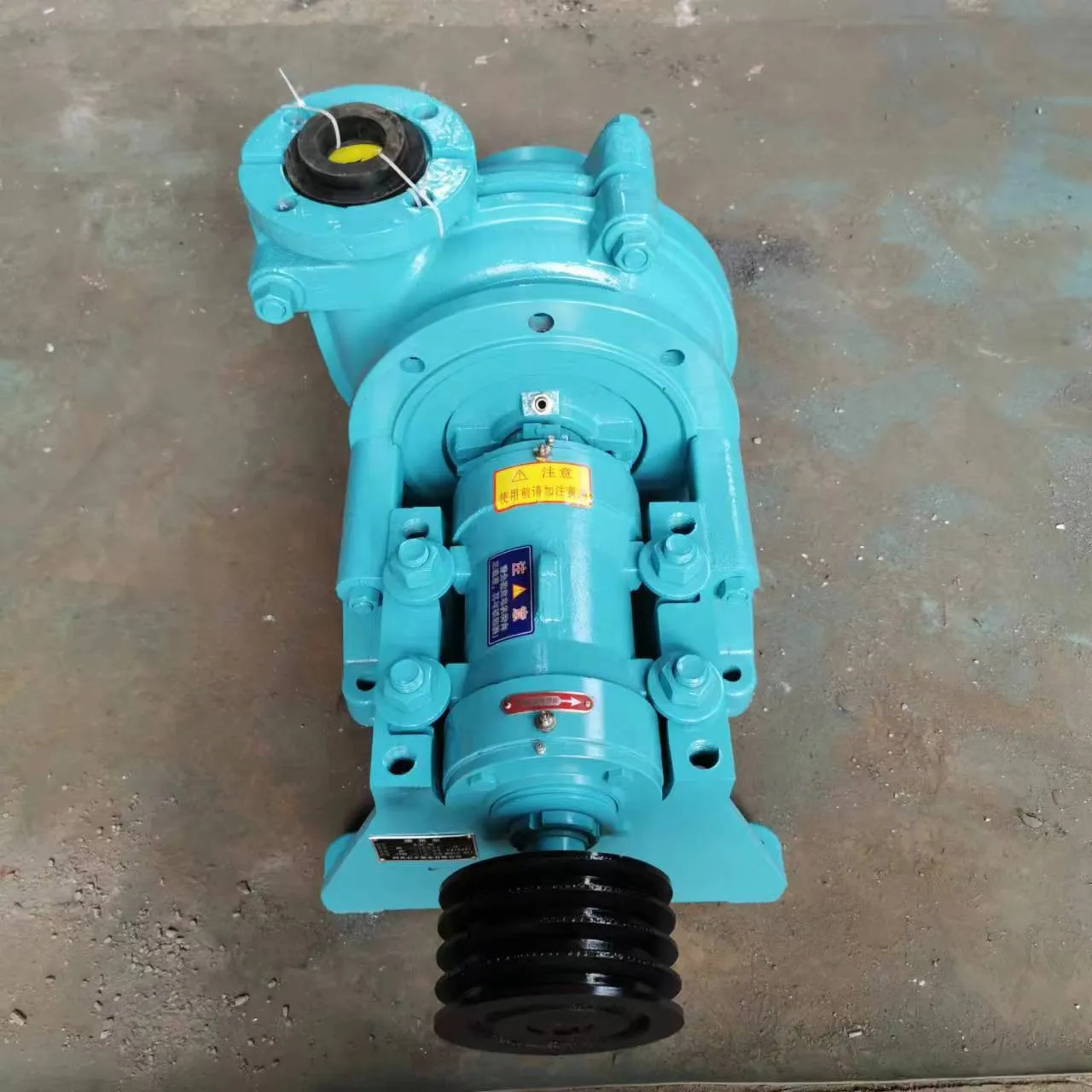Telugu
- Afrikaans
- Albanian
- Amharic
- Arabic
- Armenian
- Azerbaijani
- Basque
- Belarusian
- Bengali
- Bosnian
- Bulgarian
- Catalan
- Cebuano
- Corsican
- Croatian
- Czech
- Danish
- Dutch
- English
- Esperanto
- Estonian
- Finnish
- French
- Frisian
- Galician
- Georgian
- German
- Greek
- Gujarati
- Haitian Creole
- hausa
- hawaiian
- Hebrew
- Hindi
- Miao
- Hungarian
- Icelandic
- igbo
- Indonesian
- irish
- Italian
- Japanese
- Javanese
- Kannada
- kazakh
- Khmer
- Rwandese
- Korean
- Kurdish
- Kyrgyz
- Lao
- Latin
- Latvian
- Lithuanian
- Luxembourgish
- Macedonian
- Malgashi
- Malay
- Malayalam
- Maltese
- Maori
- Marathi
- Mongolian
- Myanmar
- Nepali
- Norwegian
- Norwegian
- Occitan
- Pashto
- Persian
- Polish
- Portuguese
- Punjabi
- Romanian
- Russian
- Samoan
- Scottish Gaelic
- Serbian
- Sesotho
- Shona
- Sindhi
- Sinhala
- Slovak
- Slovenian
- Somali
- Spanish
- Sundanese
- Swahili
- Swedish
- Tagalog
- Tajik
- Tamil
- Tatar
- Telugu
- Thai
- Turkish
- Turkmen
- Ukrainian
- Urdu
- Uighur
- Uzbek
- Vietnamese
- Welsh
- Bantu
- Yiddish
- Yoruba
- Zulu
Telephone: +86 13120555503
Email: frank@cypump.com
నవం . 24, 2024 21:04 Back to list
Efficient Macerator Pumps for Optimal Septic Tank Performance and Maintenance Solutions
Understanding Macerator Pumps for Septic Tanks
Macerator pumps play a crucial role in the efficient functioning of septic systems, particularly in locations where conventional gravity drainage is not feasible. These advanced pumps are designed to grind waste into a slurry, thus enabling the easy transport of sewage and effluent to a septic tank or a wastewater treatment facility. This article explores the importance, working mechanisms, benefits, and maintenance of macerator pumps in septic systems.
What is a Macerator Pump?
A macerator pump is a specialized device that incorporates a grinder and a pump in one unit. It is primarily used in scenarios where a standard gravity feed is not possible, such as in basement bathrooms, extensions, or remote installations. The pump operates by shredding solid waste materials into smaller particles that can be easily pumped through small-diameter pipes, often at a greater vertical lift than traditional systems can achieve.
How Does it Work?
The operation of a macerator pump begins when waste enters the unit. Inside the macerator, high-speed blades chop the solid waste, mixing it with water to create a homogenous slurry. This mixture is then expelled from the pump via an outlet pipe. The pump's ability to handle waste helps prevent clogs and backups, which are common in traditional toilets or sewage systems that rely solely on gravity.
Macerator pumps are typically activated either by a float switch or a manual switch. When waste accumulates to a certain level, the float switch activates the grinder, and the pumping process begins. Once the waste is pumped out and the water level drops, the pump automatically shuts off.
Benefits of Macerator Pumps
1. Flexibility in Installation One of the main advantages of macerator pumps is that they can be installed in locations where traditional septic systems are impractical. They are particularly useful in basements or remote areas where gravity flow is insufficient.
2. Space Efficiency Macerator pumps require less space compared to conventional septic tanks and plumbing systems. They can handle waste through smaller pipes, leading to a more discreet and efficient installation.
macerator pump septic tank

3. Cost-Effective Solutions Although the initial cost of installing a macerator pump can be higher than traditional systems, they can save money in the long run by reducing the likelihood of blockages, backups, and costly repairs.
4. Environmental Benefits By efficiently breaking down solid waste and promoting proper waste management, macerator pumps contribute to environmental sustainability. They help ensure that waste is effectively transported to treatment plants, preventing any potential contamination of the surrounding areas.
Maintenance of Macerator Pumps
Like any mechanical device, macerator pumps require regular maintenance to ensure optimal performance. Here are some essential maintenance tips
- Regular Inspection Check the macerator pump regularly for any signs of wear or malfunction, such as unusual noises or vibrations during operation.
- Keep It Clean Ensure that the grinding components are free from build-up and that the pump is not clogged with non-biodegradable materials.
- Proper Usage Educate users about what can and cannot be flushed down the toilet. Items like sanitary products, wipes, and excessive grease can harm the pump and cause blockages.
- Professional Servicing Consider having the pump serviced by a professional annually to ensure that all components are functioning properly and to perform any necessary repairs.
Conclusion
Macerator pumps are a valuable addition to modern septic systems, providing flexibility, efficiency, and reliable waste management. As more homeowners look for viable solutions for their sewage disposal needs, understanding the importance of macerator pumps can help ensure the longevity and effectiveness of their septic systems. With proper maintenance and usage, these pumps can serve as a robust alternative to traditional sewage handling methods, promoting a more efficient and environmentally friendly approach to waste disposal.
-
ISG Series Pipeline Pump - Chi Yuan Pumps | Energy Efficiency&Compact Design
NewsAug.03,2025
-
ISG Series Vertical Pipeline Pump - Chi Yuan Pumps Co., LTD.|High Efficiency, Low Noise, Durable
NewsAug.02,2025
-
ISG Series Vertical Pipeline Pump - Chi Yuan Pumps | High Efficiency, Low Noise
NewsAug.02,2025
-
ISG Series Vertical Pipeline Pump- Chi Yuan Pumps Co., LTD.|High Efficiency&Compact Design
NewsAug.02,2025
-
Heavy-Duty Mining Sludge Pumps - Wear-Resistant Slurry Handling
NewsAug.02,2025
-
Horizontal Split Case Pump with GPT-4 Turbo | High Efficiency
NewsAug.01,2025










